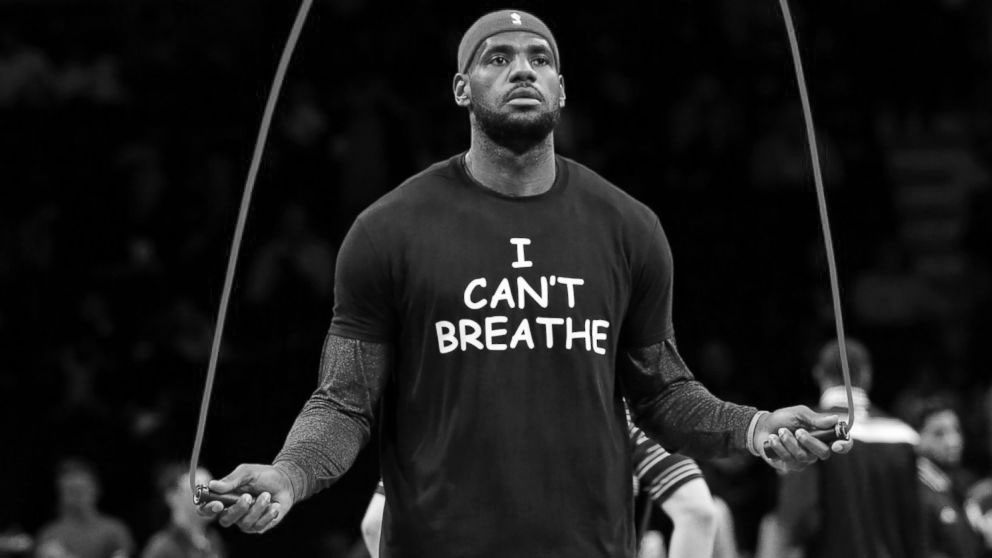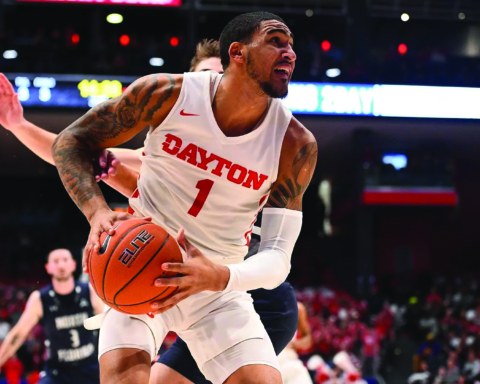Most athletes become involved in politics often. But should they allow the playing field to be turned into political ground as well?
It is obvious that athletes have the potential to sway public opinion on political issues. Athletes have immense followings, are typically trusted and well respected and are seen as leaders in our society.
However, one could argue that athletes, just like any other worker, should represent their places of work and be in line with the ideals of their organizations. Their personal opinions do not matter and should not be shared unless specifically asked. Even then, they must make it clear that these are their views and not their employers’ opinions.
If we work under this oversimplification, it is within reason to ask athletes to refrain from political discussion because they represent their teams, which are businesses. However, aren’t athletes—at least some athletes—always viewed as representatives of their teams, regardless of whether they are wearing their jerseys or not?
When people think Tom Brady, they think of the New England Patriots, but people cannot expect him to always share the same opinions as the Patriots and the National Football League. Nor would it be fair for us to take away his right to voice his opinions on issues that concern him.
Sports are not just trivial games. Sports are a major part of our culture and because they are so integral to American society, they have also helped to progress it to its current state.
The American v. Russian hockey game titled “The Miracle on Ice” came at a time in American history when we were falling behind Russia and an air of dejection permeated our culture. This major win on the ice rink boosted morale and relit the American spirit.
Billie Jean King, a female tennis player, won “The Battle of the Sexes,” a tennis match between herself and a man. This helped to break gender barriers in our society. The whole country saw that women can successfully compete against men, making myths about women’s fragility a thing of the past.
Jesse Owens, an African-American sprinter, dismantled racial prejudice throughout his career, especially when he competed in the 1936 Olympic Games in Nazi Germany. The premise of the 1936 Games was to showcase Aryan superiority. Owens winning 4 gold medals, breaking 9 Olympic records and 3 world records worked to show how ludicrous this ideology was.
There are many other examples of how sports have united people and battled for equal treatment of all. In modern time, we can see sports being effectively used to keep this change going.
For instance, issues in the gender pay gap can be seen clearly when looking at women’s professional sports. The women’s national soccer team helped to bring this issue out of the shadows last year as it displayed clear evidence that female players were getting paid far less than their male counterparts while being far more successful.
At this summer’s ESPY Awards, LeBron James, Carmelo Anthony, Chris Paul and Dwayne Wade opened the award show with a call to action to the athletic world. These men recognized the influence sport has in our society and called for an end to police brutality and violence against the police. They challenged the athletes in attendance to educate themselves and to invest in the change they would like to see happen. They broached a contentious topic with grace and fairness to both parties, worked to create change and called others to do the same.
Athletes should be allowed to involve themselves in political discussion. It would be unfair to silence their voices on these topics especially when athletics have been such a vehicle for change in the past.
Alexis Young is a Staff Writer for the Bona Venture.
Her email is
youngam13@bonaventure.edu









